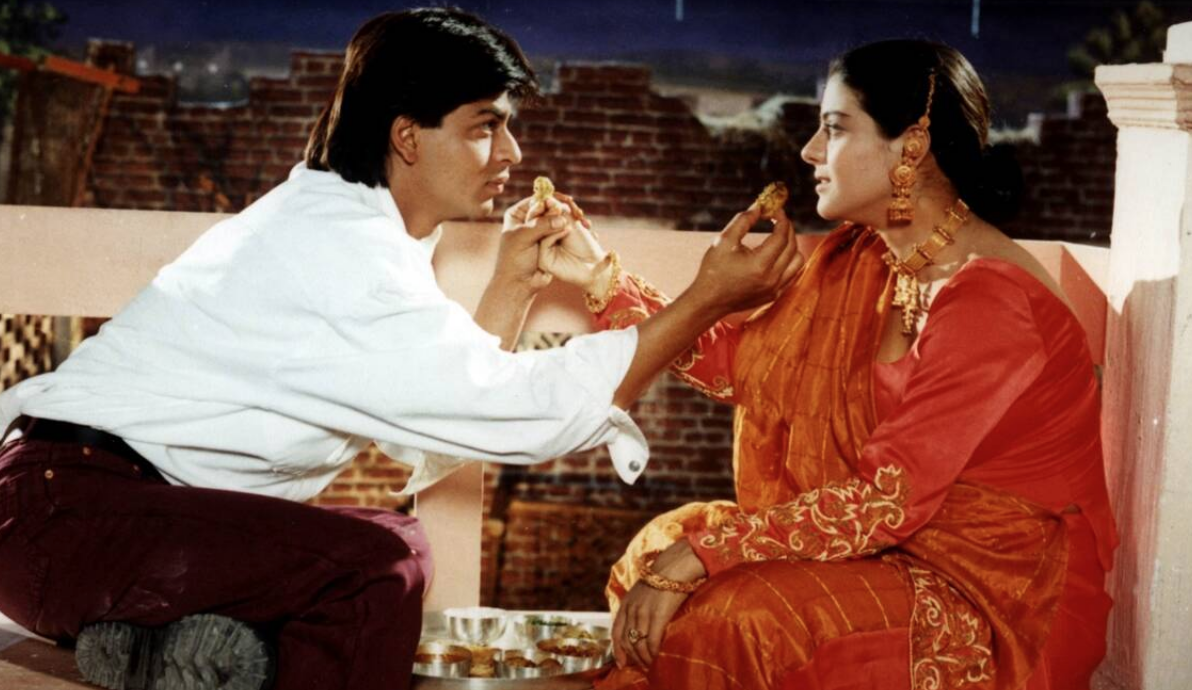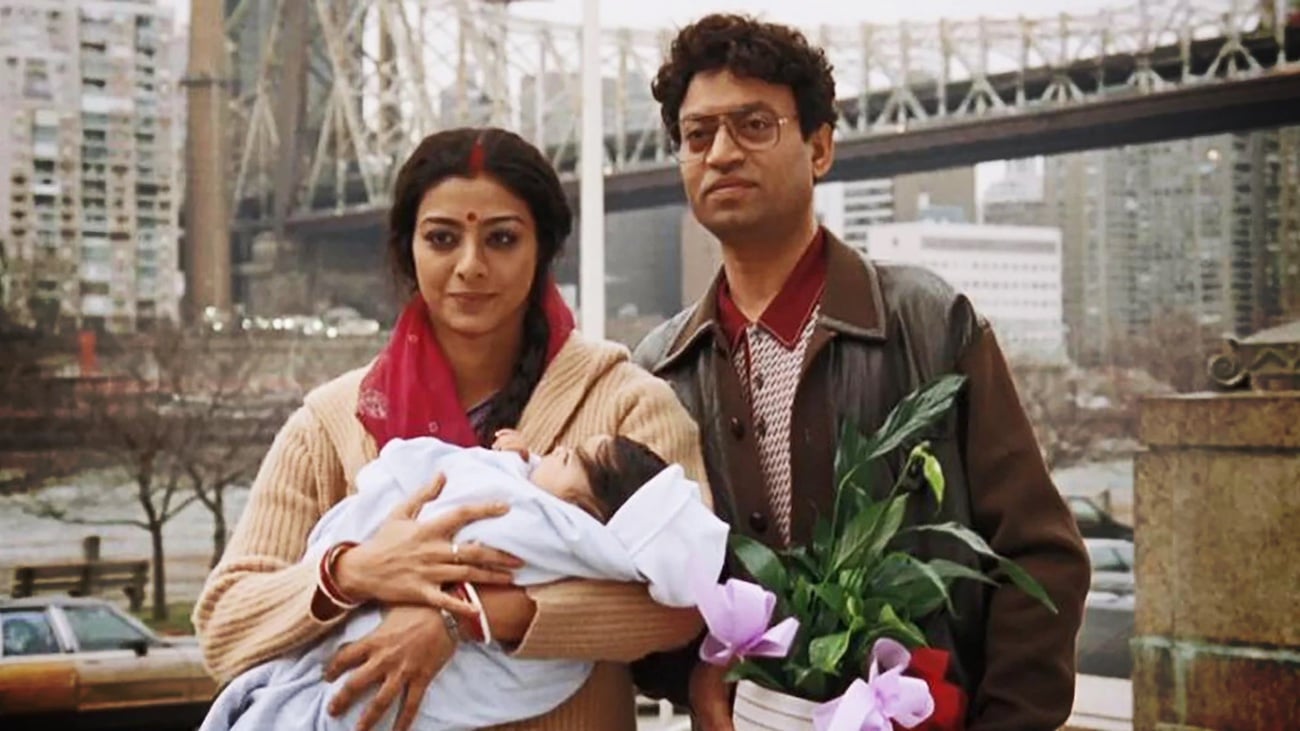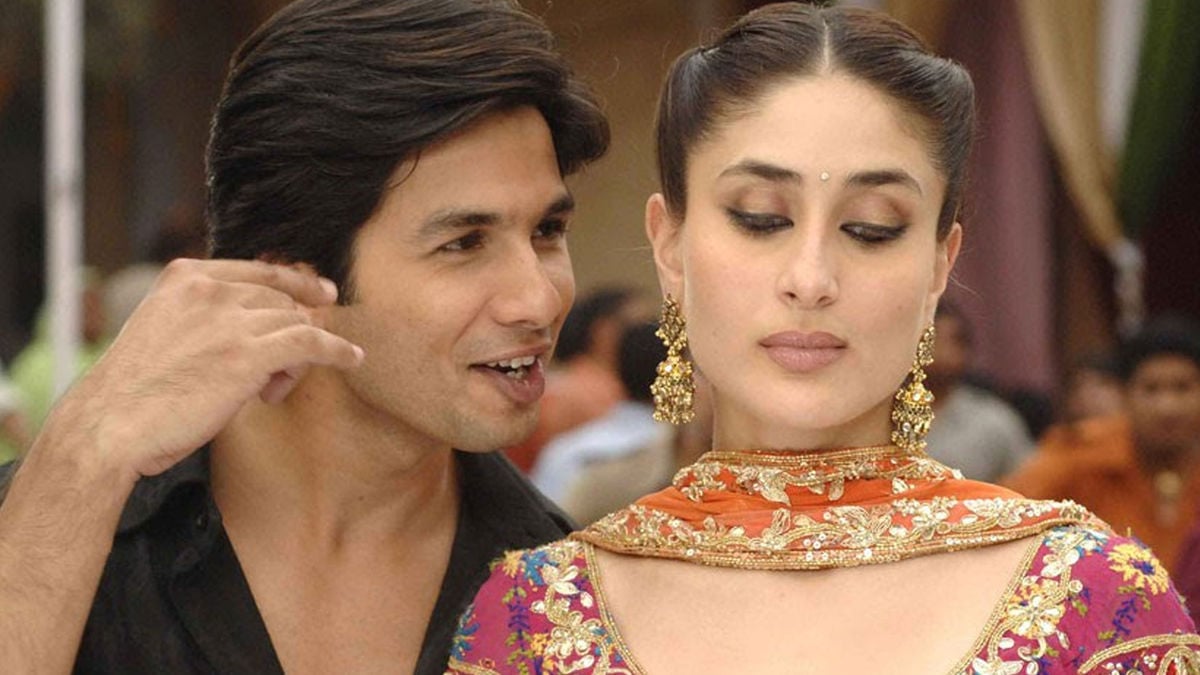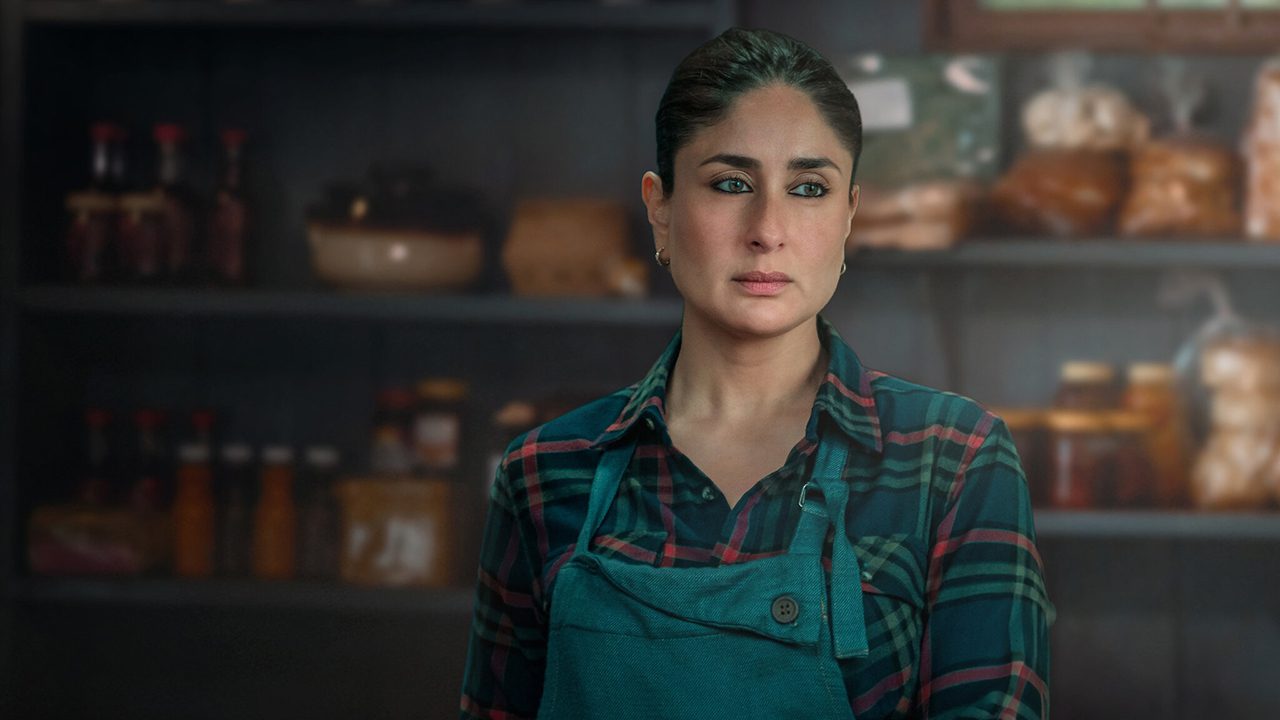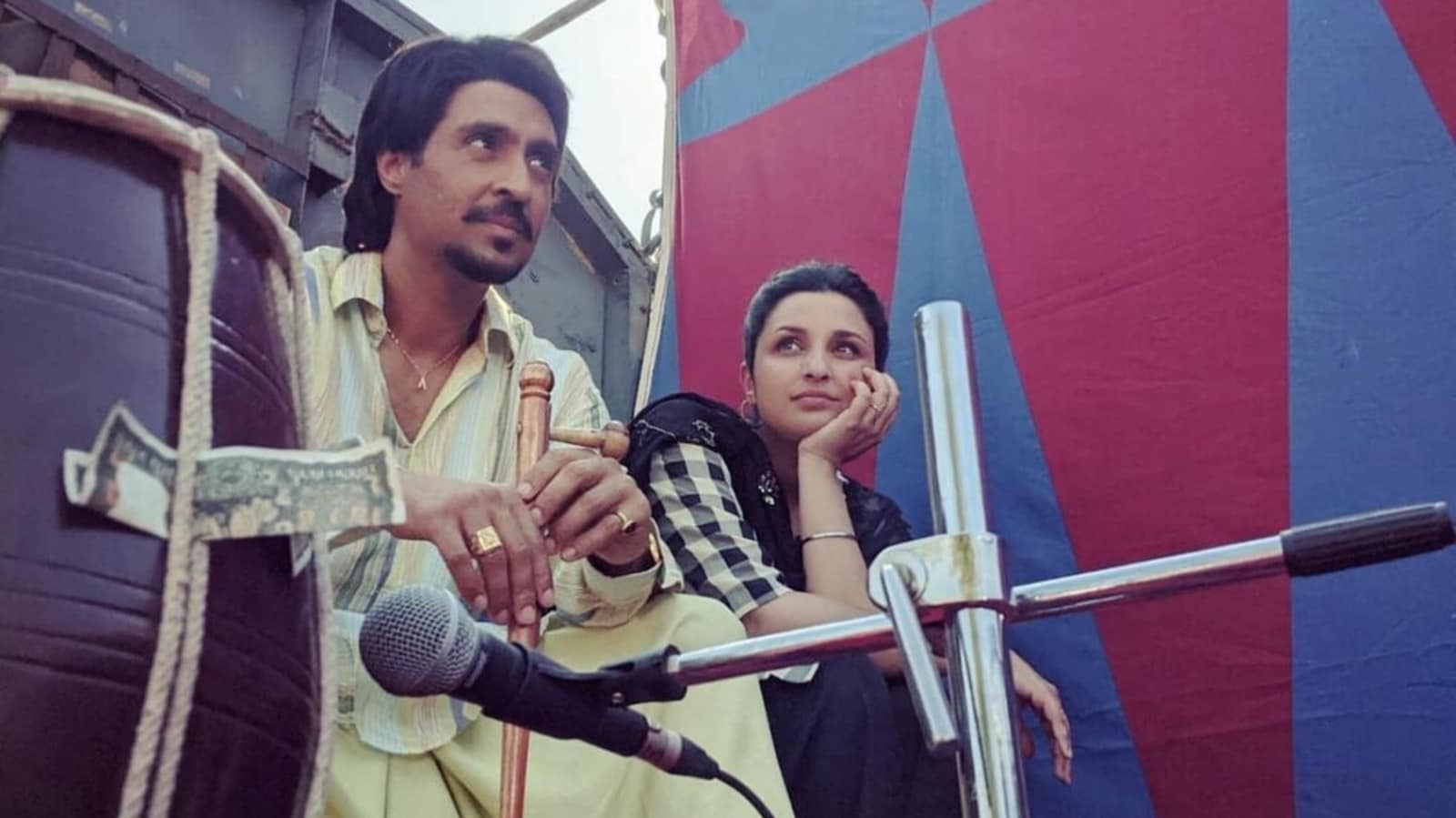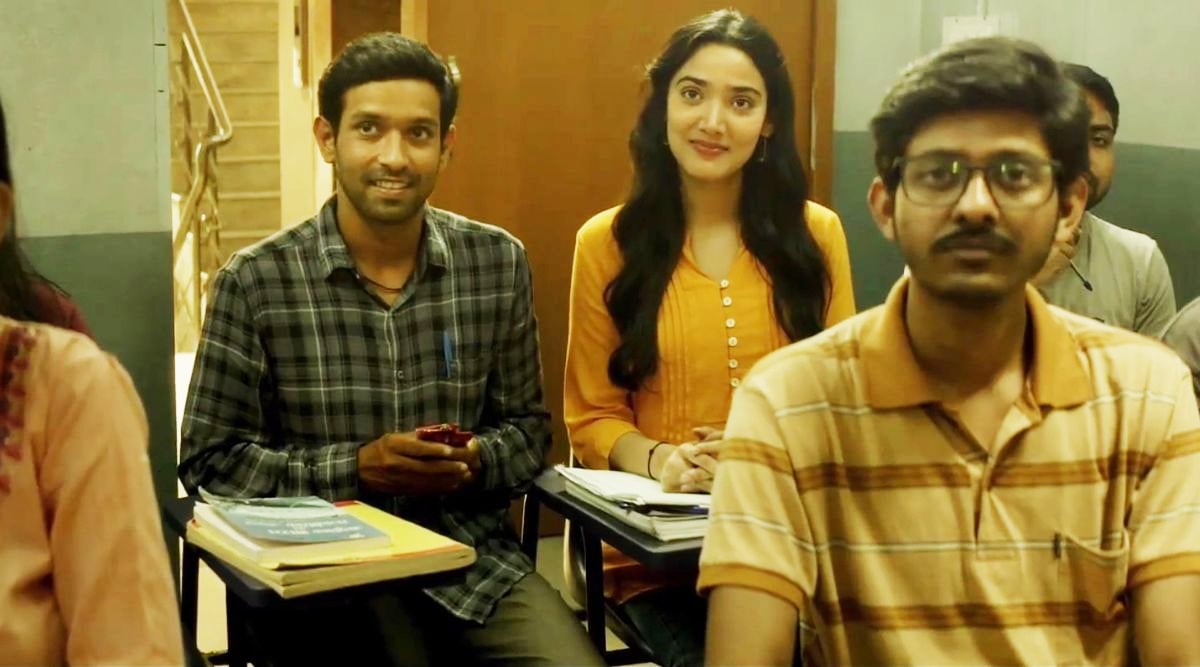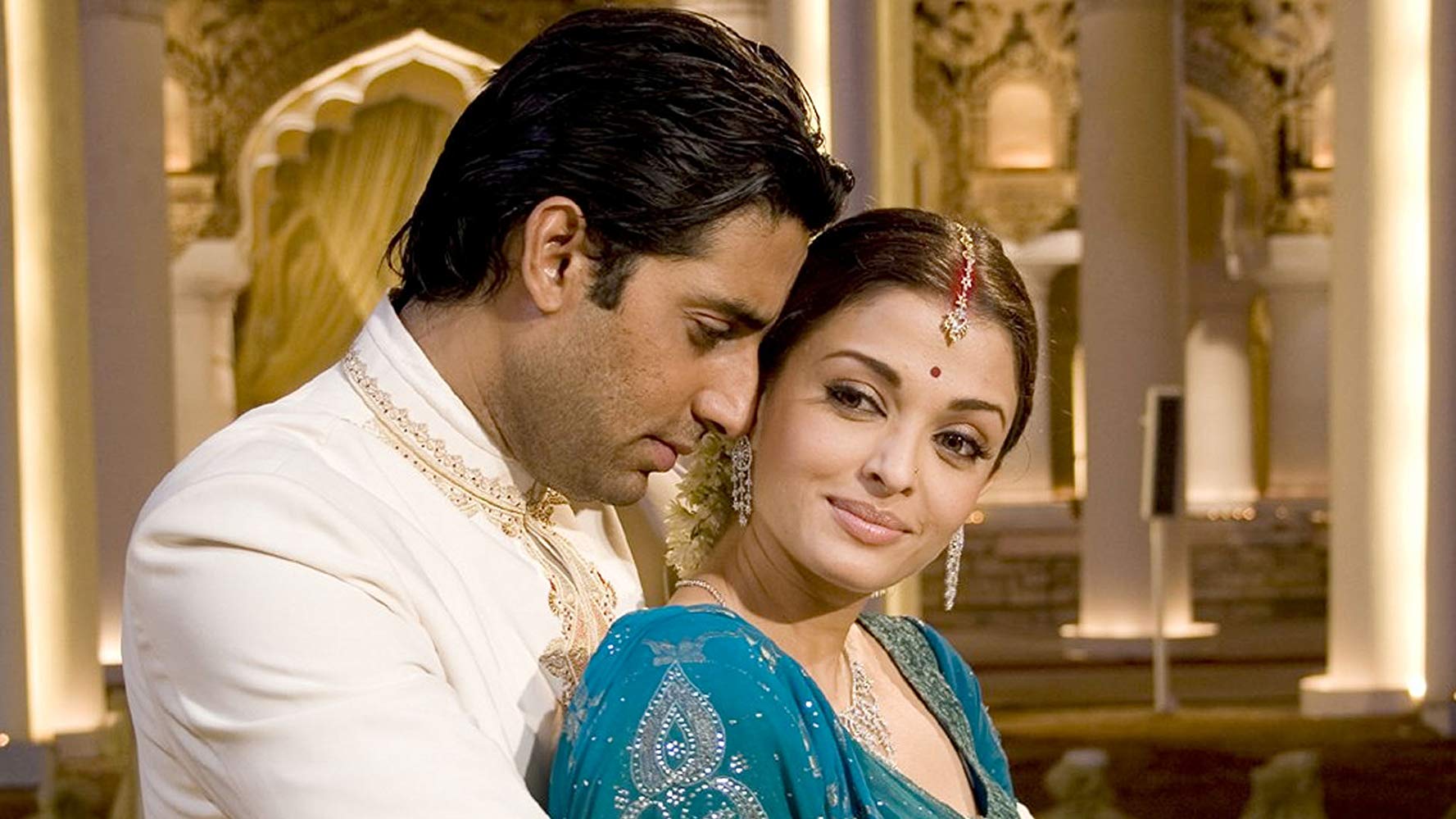Bheed (2023)

7.7
Movie
TLDR
Bheed is a good film, but it’s precisely the sort of film that hasn’t been appreciated due to how heavy it is, especially released just right after the pandemic. In the future, maybe a decade or so from now, it might finally get the attention it deserves.
What it's about
The take
COVID-19 raised concerns about sanitation and cleanliness, but in a society that just banned discrimination against “impure” castes seventy years ago, these concerns feel reminiscent of previous caste prejudice. Writer-director Anubhav Sinha presents this social inequity through Bheed, a black-and-white drama set in a fictional checkpoint as the lockdown restricted travel between different Indian states. As the people in the checkpoint wait for the updated government regulations, tensions rise between the officers and the travelers, as the stuck migrants worry about hunger, thirst, and infection. While it’s definitely a heavy film to watch, this film doesn’t exploit the pandemic as fodder for drama. Instead, Bheed realistically portrays how a crisis like COVID-19 exacerbates existing social inequity.
What stands out
As a 2023 film, the most immediate thing that makes Bheed stand out is that it’s shot in black and white. While not unheard of, it’s a deliberate choice in a film industry that already has the option of color shots, stunning special effects, and out-of-this-world CGI. In 21st century films, this choice has been made for films depicting dark historical events or highly intimate characters contemplating existence. It’s a fitting choice for Bheed. Undoubtedly, 2020 will be remembered as a dark time in history, and with its depiction of inequity, the black-and-white style links this historical event with the neorealist themes present in many 1940s films. Bheed uses this callback as a reminder that inequity persists, and hasn’t left despite modern advances.
Comments
Your comment
UP NEXT
UP NEXT
UP NEXT
Curated by humans, not algorithms.

© 2025 agoodmovietowatch, all rights reserved.




